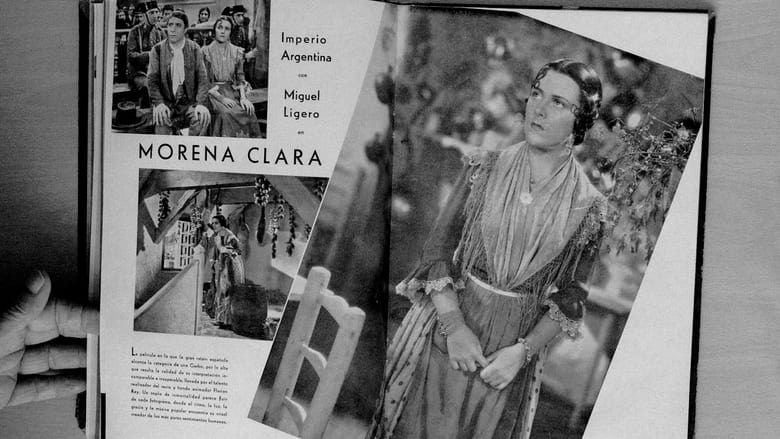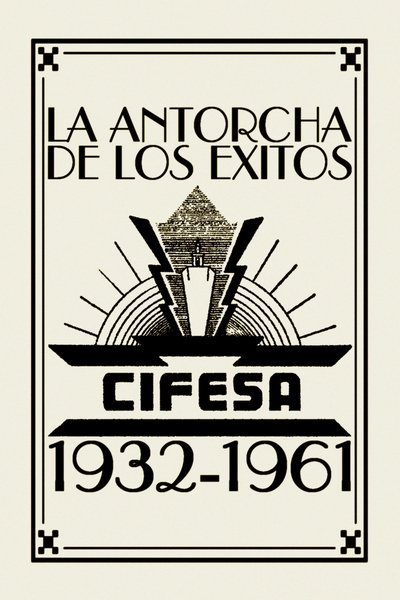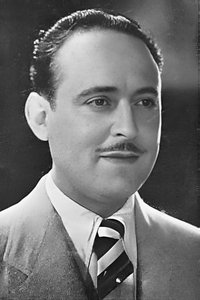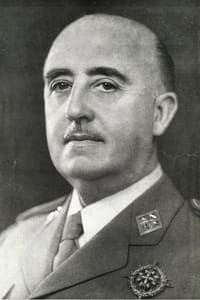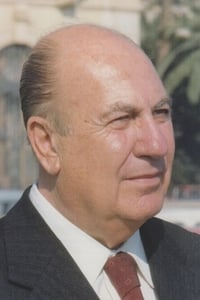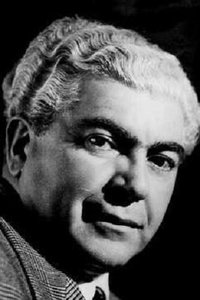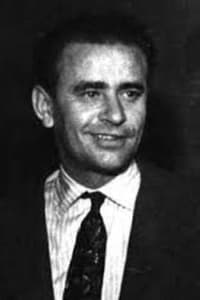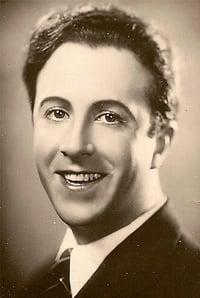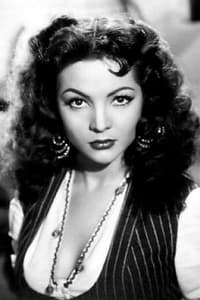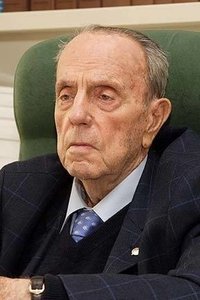La Antorcha de los Éxitos: Cifesa (1932-1961)
Genres
DocumentaryHistory
OverView
The amazing story of Cifesa, a mythical film production company founded in Valencia by the Casanova family that managed to dominate the box office during the turbulent times of the Second Spanish Republic, the carnage of the Civil War and the hardships of the long post-war period and Franco's dictatorship — and survive until the sixties, when Spain was timidly beginning to change.
Others
Budget
$--
Revenue
$--
Status
Released
Original Language
Spanish
Runtime
94 mins
Rating
4/10
Release Date
05 October 2022
Country
Spain
